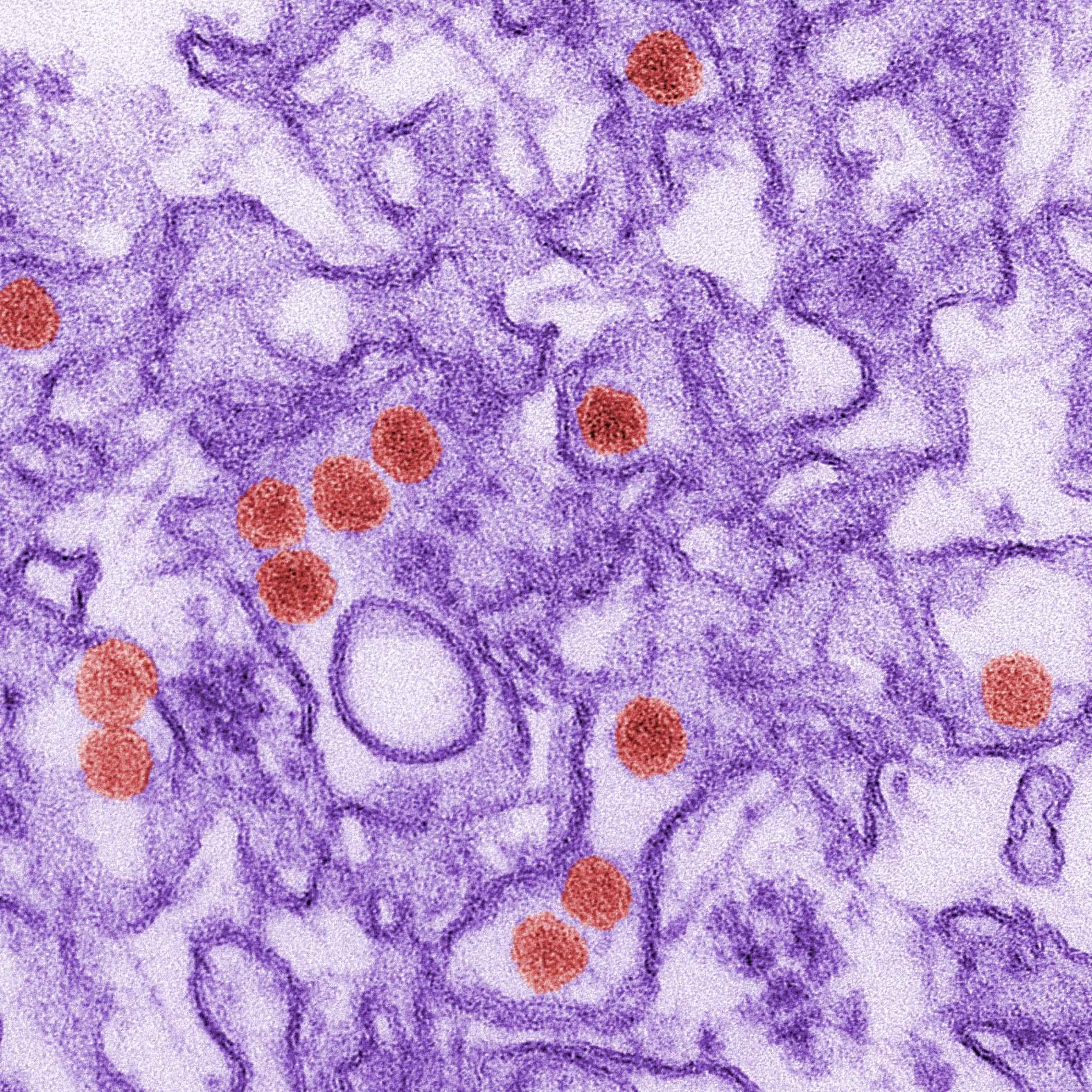Viruses spread by insects cause some of the most important emerging human diseases.
As the range of their insect hosts expands, increasing populations are becoming at risk to infection.
An outbreak of Zika virus, spread by mosquitos, in Central and South America in 2015/2016 was accompanied by an increase in microcephaly cases in new-born babies.
Microcephaly is a condition where the head circumference is smaller than usual and is typically associated with developmental defects. A causal link between Zika virus infection and defects in neural cell and brain development has since been firmly established with neural stem cells being particularly susceptible to infection, and destruction, by the virus.
Recent evidence has also demonstrated a link between Zika virus infection and long-term cognitive dysfunction, suggesting that both adults and foetuses are at risk of debilitating disease following exposure.
The main objective of this proposal is to determine the role of the RNA binding protein Musashi-1 in enhancing Zika virus replication.
Research group
Funding
Collaborators
University of Oxford


